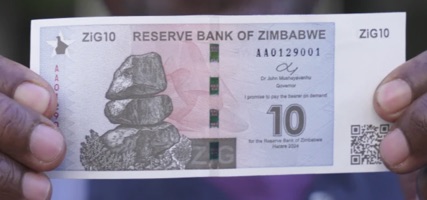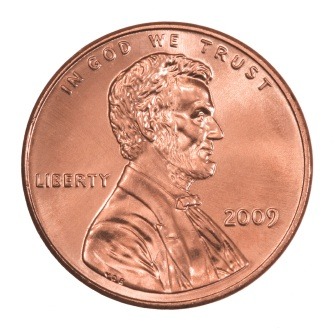Trying to decipher chickens’ welfare, we can look to AI for harnessing massive amounts of cluck and squawk data.
Economic Ideas
Much more than money, economics is about tradeoffs. Thinking economically involves cost and benefit, marginal analysis and seeing that there is no free lunch. Econlife tries to convey these economic ideas, which serve as the foundation of economics and help people make decisions personally, professionally and as voters.
Why Zimbabwe’s Laundered Money Is Really Washed
The latest battle in Zimbabwe’s war against inflation is being fought with another new currency that is called the ZiG.
Where Female Entrepreneurs Get Less Funding
Looking at women’s venture caqpital funding in the United States and Europe, we would see a vast chasm between the women and the men.
Choosing Between a Road and a Reserve
President Biden just said “No” to a road. More than some gravel connecting two places, this Alaskan road represented a much bigger dilemma. Development or Conservation Alaska had asked the Biden Interior Department for permission to build a road to…
What a Penny Can Add
Considering the upside and downside of eliminating the penny takes us to bigger questions about the composition of our money supply.
Where Money Grows On Trees
Made from a Himalayan shrub, Japanese cash remains popular, even when other countries are becoming increasingly cashless.
When Free Football Has a Cost
Experimenting with free football by not charging for tickets, a French and a German team changed the cost of a game.
A Surprising Rum Tax
When the U.S. Congress decided to give Puerto Rico some alcohol taxes from its rum exports, the results were unexpected.
How We Respond to Restaurant Psychology
More than we recognize, restaurant psychology creates incentives that determine our spending, our timing, and what we eat.
What Daniel Kahneman Could Have Said to Investors
Understanding our decision-making, psychologist Daniel Kahneman’s investing insights could prevent some expensive mistakes.










